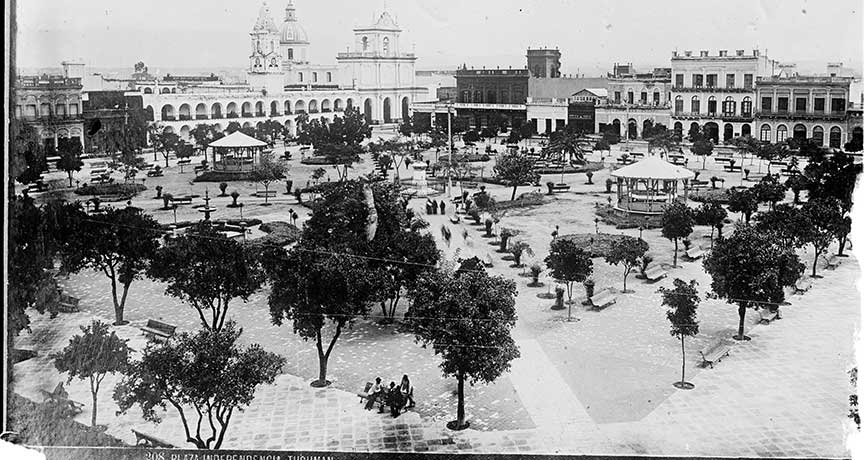1946 -Peron Becomes Dictator of Argentina

Colonel Juan Peron was elected President of Argentina. His supporters won absolute control of both houses of the legislature. In 1948, he was granted unlimited power, thereby transforming him into an absolute dictator..
Colonel Juan Perón was elected President of Argentina in 1946, leveraging strong support from labor unions and the working class. This support base was cultivated through his tenure as Secretary of Labor, where he implemented progressive labor laws and social welfare programs that appealed to lower economic classes.
After his election, Perón’s Justicialist Party gained significant majorities in both houses of Congress, allowing him to legislate with minimal opposition and pave the way for centralizing power. In 1949, a new Argentine Constitution was enacted under his guidance, permitting re-election and significantly strengthening the executive's power.
Perón’s economic policies focused on industrialization with the goal of making Argentina self-sufficient and reducing foreign dependencies. His government increased state intervention in key industries including railways, airlines, and utilities. Socially, Perón and his wife, Eva Perón, championed initiatives that endeared them to the poor and working classes, with Eva’s foundation aiding the poor and promoting the social status of women.
Despite his popularity, Perón’s regime suppressed opposition through censorship and control over the media and universities, showing increasing authoritarian tendencies over time. His initially strong relationships with labor unions became complex as he attempted to control these groups to prevent any opposition.
Re-elected in 1951, Perón was eventually overthrown by a military coup in 1955 following political, economic, and social unrest. His legacy in Argentina is mixed, credited with uplifting the working classes and shaping Argentine politics through his development of Peronist ideology, which continues to influence the country. However, his authoritarian practices and economic strategies have also been criticized for creating long-term economic issues in Argentina
 >
>